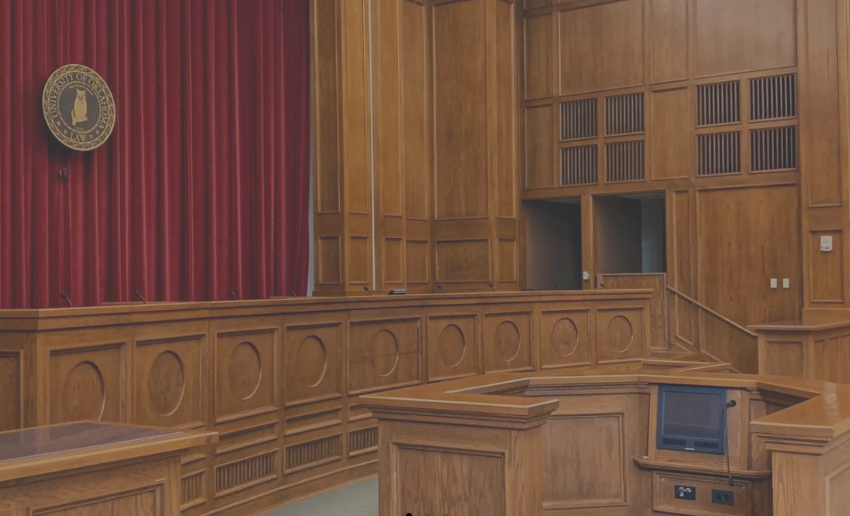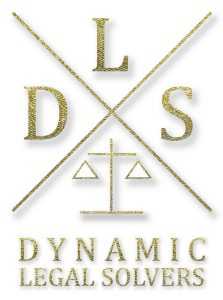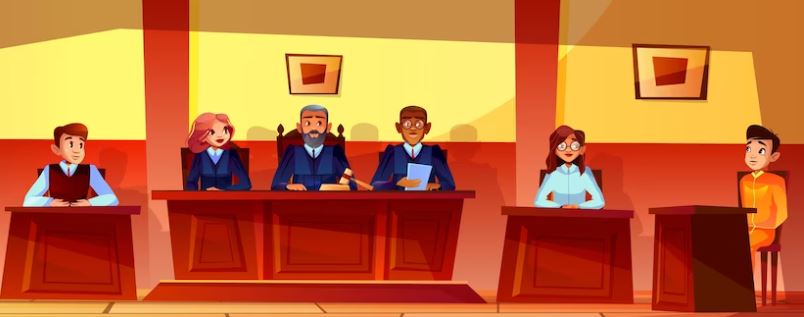
How To Become a Court Reporter in 5 Steps?
Becoming a certified court reporter can be an exciting career choice for individuals interested in the legal field. Court reporters play a crucial role in recording legal proceedings accurately and efficiently. In this article, we will outline five key steps to help you pursue a career as a certified court reporter, including the importance of legal videographers in the profession.
Step 1: Obtain the Required Education and Training:
The first step towards becoming a certified court reporter is to acquire the necessary education and training. Many vocational schools, community colleges, and online programs offer court reporting programs. These programs typically cover subjects such as stenography, legal terminology, transcription, and technology used in court reporting.
Step 2: Develop Proficiency in Stenography:
Stenography is a fundamental skill for court reporters. It involves using a specialized stenotype machine to capture spoken words in a phonetic code. To become proficient in stenography, aspiring court reporters must dedicate time and practice to learn the unique keystrokes and techniques involved in capturing speech accurately and at a high speed.
Step 3: Gain Practical Experience:
Practical experience is crucial for honing your court reporting skills. Seek opportunities to shadow and assist experienced court reporters during real legal proceedings. This hands-on experience will provide valuable insights into the profession, improve your transcription speed, and familiarize you with the intricacies of courtroom procedures.
Step 4: Obtain Certification:
Certification is an essential step in becoming a recognized and trusted court reporter. Different jurisdictions may have specific certification requirements, so research the requirements in your area. Typically, certification involves passing a written examination that assesses your knowledge of court reporting techniques, legal terminology, and ethical standards.
Step 5: Specialize and Stay Updated:
After becoming a certified court reporter, consider specializing in a particular field or practice area. Specializations can include depositions, courtroom proceedings, or captioning for the hearing-impaired. Continuing education and professional development are essential to stay updated with industry trends, technological advancements, and changes in legal procedures.
The Role of Legal Videographers:
In today’s digital age, legal videographers play an integral role alongside court reporters. They use specialized equipment to capture audio and visual recordings of legal proceedings, enhancing the accuracy and effectiveness of court transcripts. Legal videographers work closely with court reporters to ensure synchronized video and transcript recordings, providing valuable visual evidence and context to complement the written record.
Conclusion:
Becoming a certified court reporter requires dedication, training, and continuous improvement of skills. By following the five steps outlined in this article, you can embark on a rewarding career in the legal field. Remember to seek education and training, develop proficiency in stenography, gain practical experience, obtain certification, and consider specializing in a particular area. Additionally, recognizing the importance of legal videographers and their collaboration with court reporters can enhance the quality and accuracy of court proceedings. With determination and a commitment to excellence, you can embark on a successful journey as a certified court reporter.



Leave a Comment